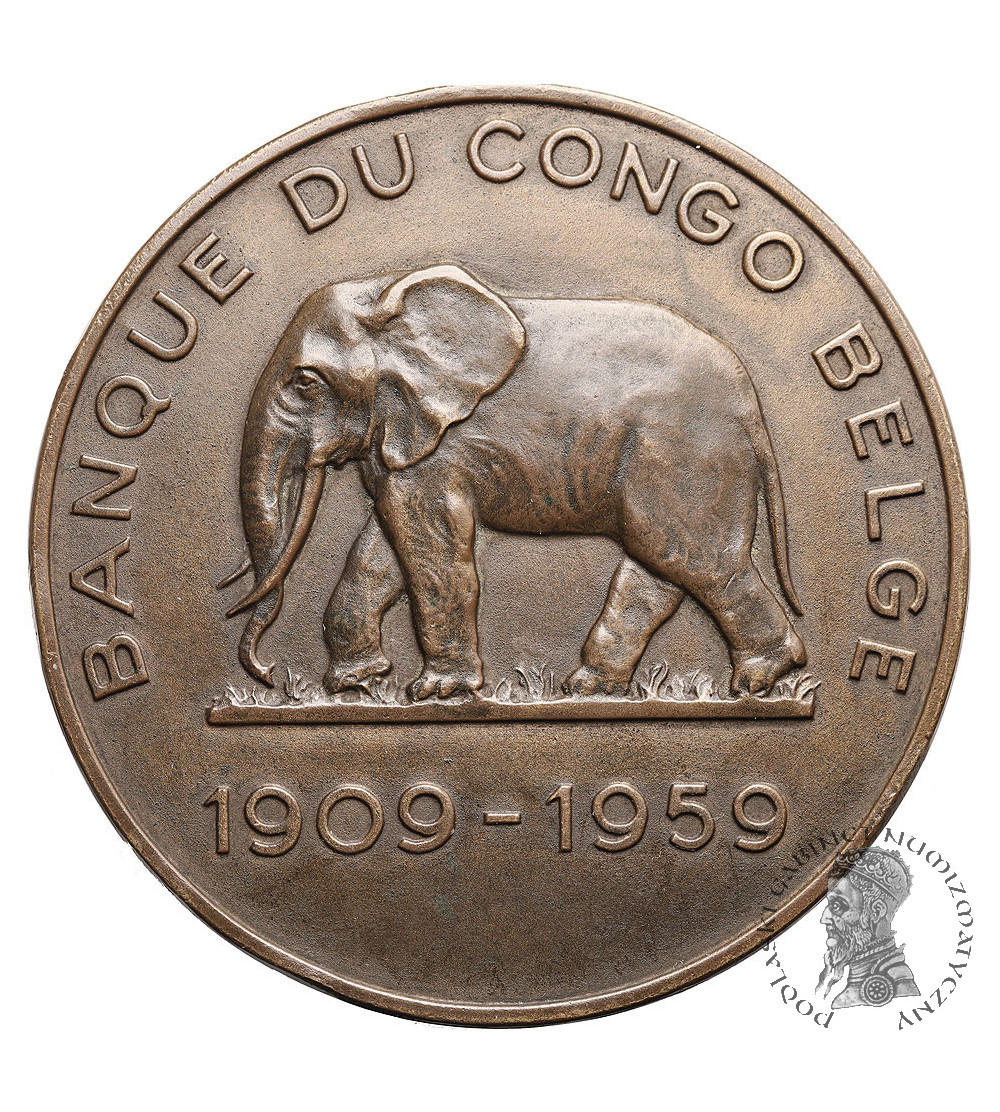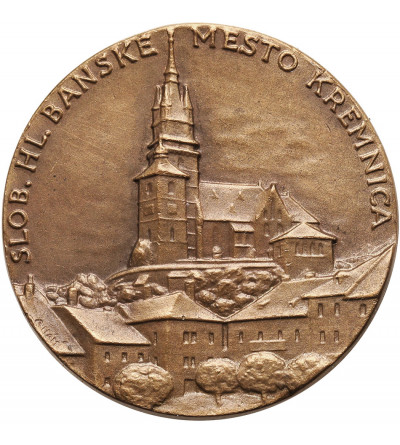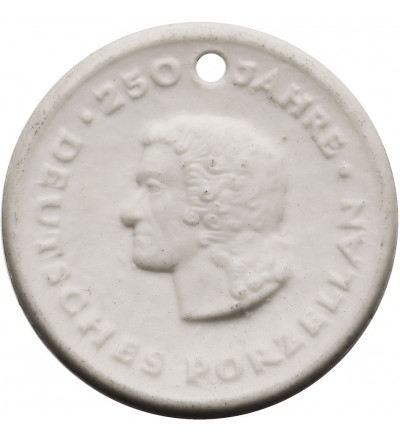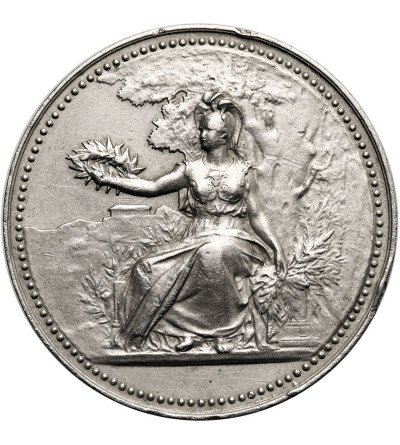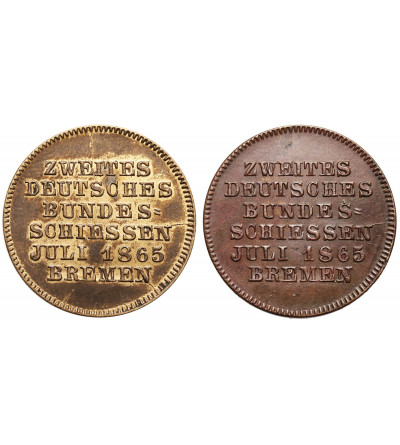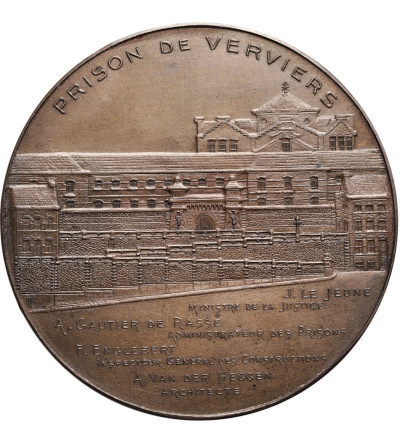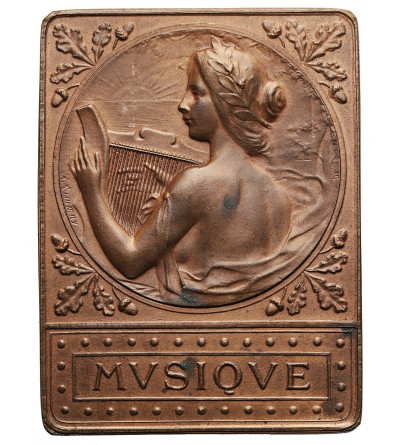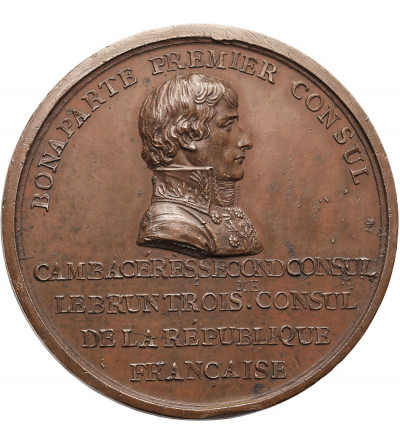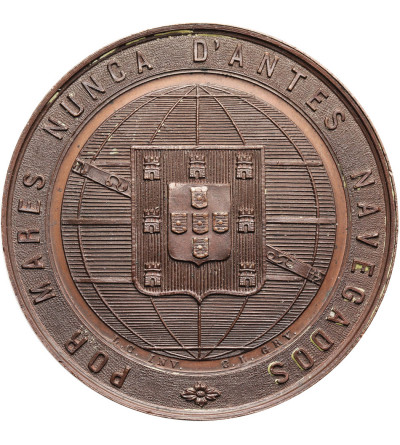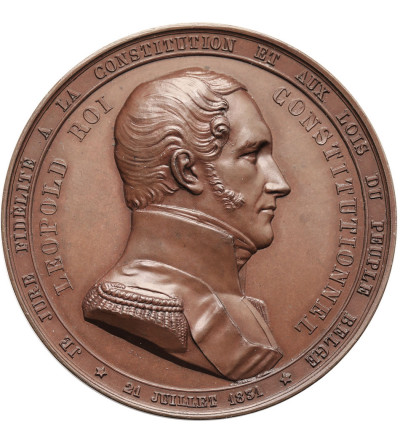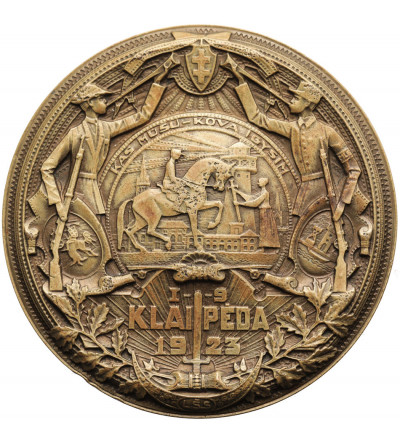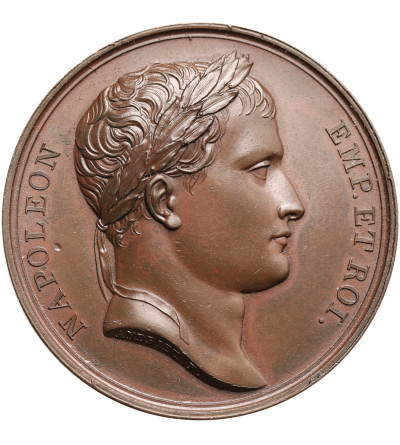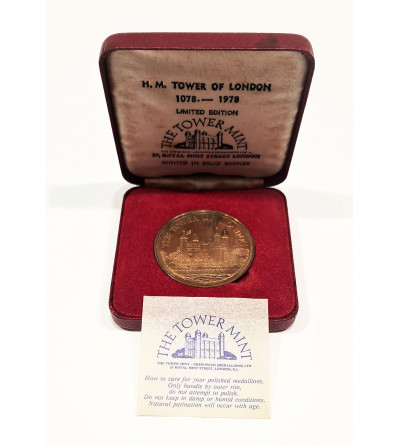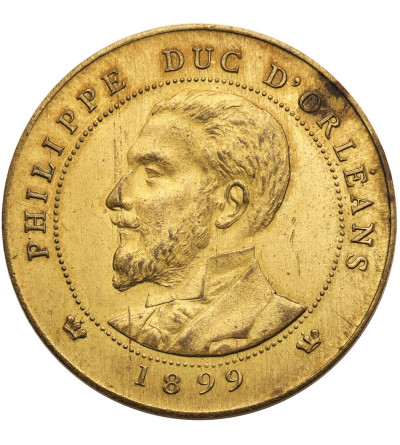On July 1, 1885, the creation of the Independent State of Congo was declared. On July 27, 1887, Leopold II issued the franc of the Independent State of Congo to standardize the various facilities that had been used in the kingdoms and empires. Indeed, when the Congo was annexed to Belgium, the existence of a deposit bank was essential, as it was to act as a guardian of Belgian investors' capital. Thus, the Bank of the Belgian Congo was established in 1909, in Matadi, but quickly moved its headquarters to Leopoldville, which was the capital of the EIC. Moreover, since Congo had become a colony of the Kingdom of Belgium, it was necessary to issue money locally. This was an attribute of national sovereignty. To remedy this situation, in 1911 the state signed an agreement with the Bank of the Belgian Congo, which was granted the privilege of issuing money, which it retained for more than 40 years. As a result of the state having a bank that was given the authority to issue money, many investors set up their businesses in the Belgian Congo and created commercial banks. The development of the banking system created the need for a central bank to issue money and control the banking system in the face of the anarchy of commercial banks. In this situation, the Bank of the Belgian Congo did not have sufficient room for maneuver, since its scope of action was limited to the exclusive privilege of issuing money. Also, from the 1950s onward, the issuance of money by a commercial bank began to be irregular. Consequently, the state was obliged to create a central bank, and the Bank of Congo continued to function as a full-fledged commercial bank. In addition, starting in the 1950s, the commercial bank's issuance of currency began to be irregular. As a result, the state was required to establish a central bank, and the Bank of Congo continued to operate as a full-fledged commercial bank. source:bcc.cd
